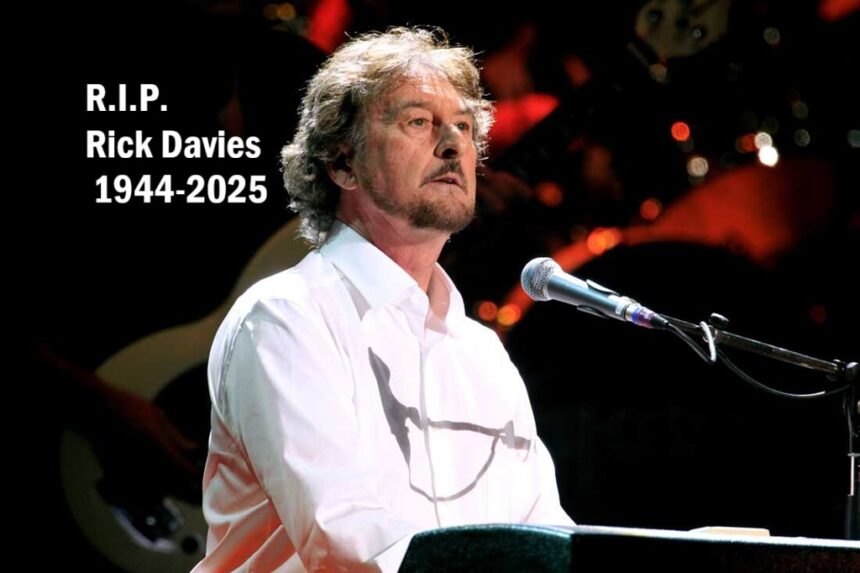NEW YORK – The music world said goodbye to Rick Davies, Supertramp’s founding member, lead singer, and pianist, who died aged 81 on 6 September 2025 at his home in East Hampton, New York.
Supertramp’s official statement linked his passing to ongoing complications from multiple myeloma, a blood cancer he faced for more than ten years. The band’s announcement recognized Davies as a driving creative force and key songwriter, best known for shaping Supertramp’s sound and history with Roger Hodgson.
Born in Swindon, England, on 22 July 1944, Rick Davies brought a grounded, heartfelt grit to Supertramp. The band’s music blended ambitious progressive rock and catchy pop in a way that helped define an era.
Davies’s gravelly vocals, jazz-tinged piano style, and honest songwriting balanced Rodger Hodgson’s brighter tone and melodies. Classics like “Bloody Well Right”, “Goodbye Stranger”, and “Crime of the Century” grew from their combined strengths. With Davies at the helm, Supertramp reached huge commercial heights, selling millions of albums and drawing sold-out crowds across the world.
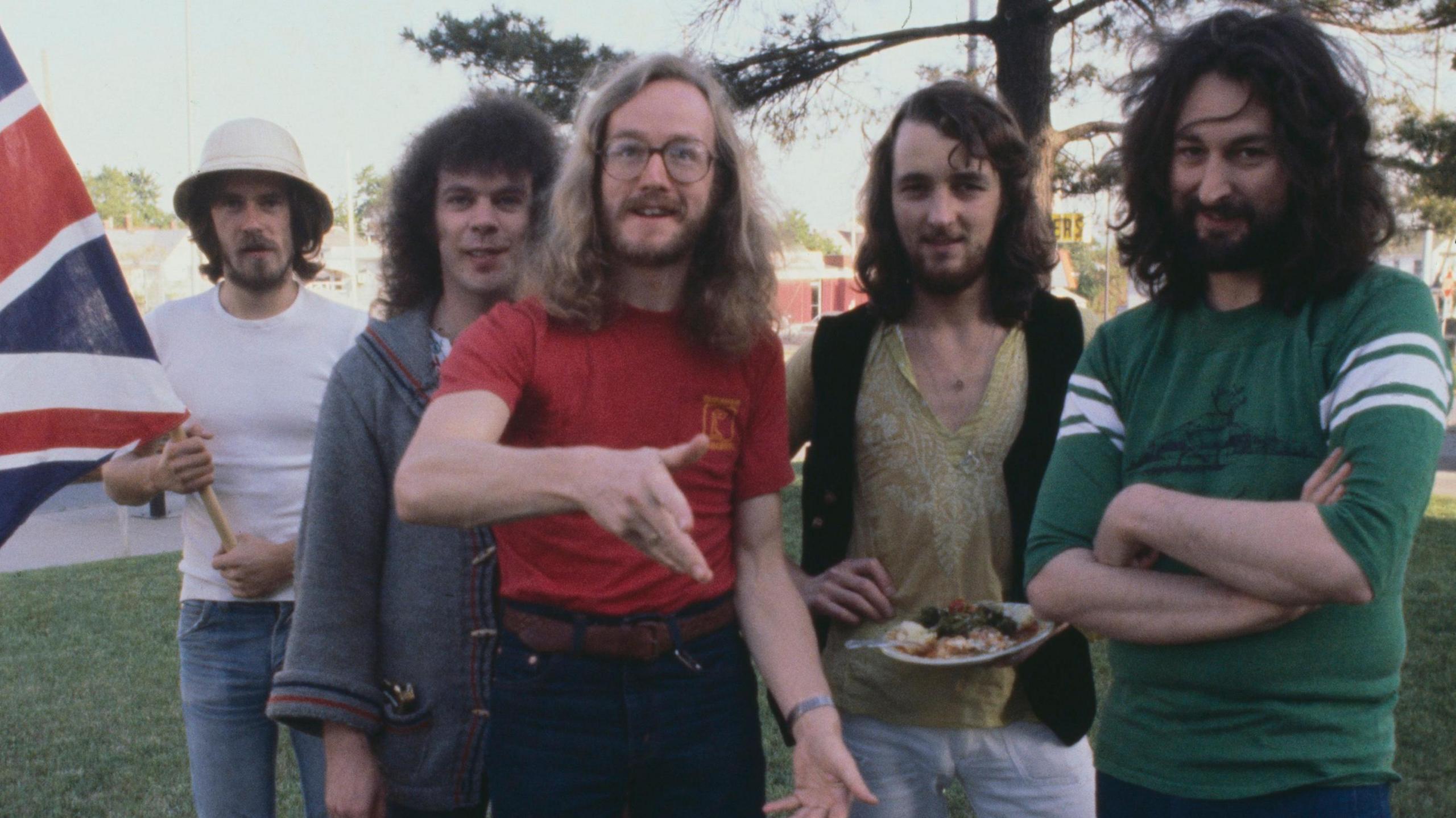
Early Days and Supertramp’s Start
Growing up in Swindon, Davies fell in love with music after hearing Gene Krupa’s “Drummin’ Man”. As a teen, he formed Rick’s Blues with a young Gilbert O’Sullivan, who later called Davies a mentor.
In 1969, hoping to start something new, Davies placed an ad in Melody Maker looking for musicians. Roger Hodgson replied, and the two bonded despite different backgrounds. Davies brought working-class grit, while Hodgson offered a more hopeful, melodic approach. Their partnership sparked music that stood apart from their peers.
Originally called Daddy, the group soon chose the name Supertramp, inspired by W. H. Davies’ book, The Autobiography of a Super-Tramp. Dutch millionaire Stanley August Miesegaes supported their early releases, Supertramp (1970) and Indelibly Stamped (1971), which hinted at what was to come despite modest sales. Their big breakthrough arrived with Crime of the Century in 1974, featuring “Bloody Well Right” and the title track. The album climbed to fourth place in the UK and broke into the US Top 40, signalling their rise. Davies’ Wurlitzer piano stood out, laying the groundwork for Supertramp’s signature sound.
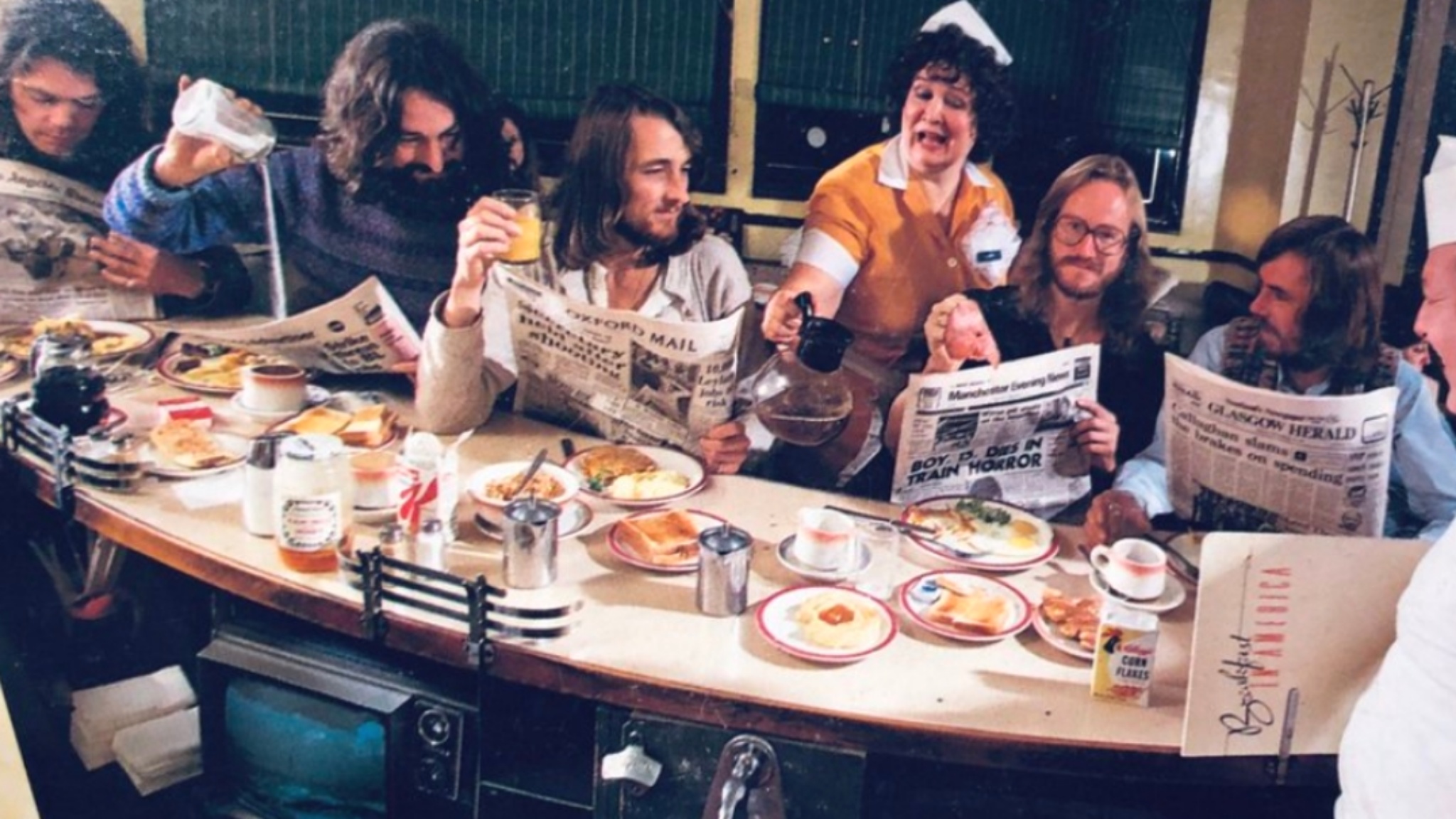
Peak Years and the Breakfast in America Era
Supertramp’s profile kept rising with albums like Crisis? What Crisis? (1975) and Even in the Quietest Moments… (1977), which included Hodgson’s “Give a Little Bit”. Their biggest moment arrived with 1979’s Breakfast in America, recorded over nearly a year in Los Angeles.
The album offered a playful look at life in America, blending Davies’s sharper lyrics with Hodgson’s reflective melodies. Breakfast in America topped the Billboard 200 for six weeks, sold more than 18 million copies globally, and produced hits including “The Logical Song”, “Take the Long Way Home”, the title track, and “Goodbye Stranger”.
Davies’ role in Breakfast in America was central. His vocal range on “Goodbye Stranger”, combined with catchy Wurlitzer hooks and smart lyrics, helped define the album’s style. Rolling Stone once called the Davies-Hodgson partnership a balance of classical influence and direct rock energy. Engineer Peter Henderson remembered their rare moments of genuine teamwork in the studio, even as strains in their partnership started to show.

Breakup and the Years After
Tensions between Davies and Hodgson grew alongside their success. By the time they finished …Famous Last Words… in 1982, their creative and personal differences were too great to ignore. Hodgson left in 1983 to go solo, leaving Davies as Supertramp’s only leader.
Their split came from disagreements over the band’s sound and direction: Hodgson favoured a lighter, more spiritual approach, while Davies kept to a bluesy, jazz-infused style. Though their songwriting was credited jointly, they had begun working separately.
Davies took Supertramp in a new direction with Brother Where You Bound (1985), which featured the single “Cannonball” and a guest appearance by David Gilmour of Pink Floyd. The album returned to a more progressive style but couldn’t match the success of Breakfast in America. Free as a Bird (1987) followed, with a bigger focus on synthesizers. After this, Davies decided the band had come to its natural end for a time.
Supertramp reunited for Some Things Never Change in 1997 and Slow Motion in 2002. Without Hodgson’s input, it was tough to reproduce the old spark. A well-received 2010 reunion tour marked their impact, but a planned 2015 tour never happened after Davies’s cancer diagnosis. He stepped away from touring with Supertramp but still performed locally with Ricky and the Rockets, reconnecting with the simpler joys of music.
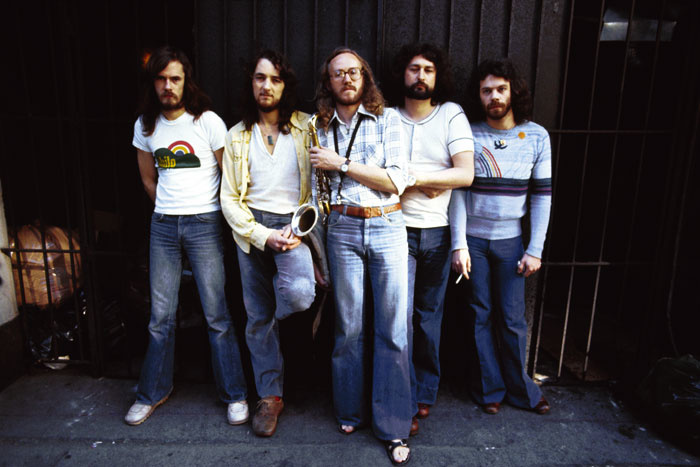
Legal Disputes and Lasting Impact
Davies’ career had its share of internal strife as well. In 1977, he and Hodgson decided to share songwriting royalties with Dougie Thomson, John Helliwell, and Bob Siebenberg to keep the group united. Managed through their company, Delicate Music, this deal set the stage for future legal battles after Hodgson left. In 2021, the other members sued both Davies and Hodgson over royalty payments. Davies settled in 2023. More recently, a US court ruled that Hodgson must divide royalties on three songs, highlighting the lingering conflicts.
Even with these challenges, Davies’ legacy remains strong. His vocals and his touch on the Wurlitzer piano helped create Supertramp’s unique sound, from the direct social messages in “Bloody Well Right” to the bittersweet side of “Goodbye Stranger”. His love for jazz and blues kept the band’s feet on the ground, while Hodgson’s idealism lifted their music to new heights, setting Supertramp apart from other prog bands like Pink Floyd and Yes.
Fans and fellow musicians shared heartfelt messages after Davies’ death. Composer Bear McCreary praised him on X, calling “Bloody Well Right” iconic. SiriusXM’s Eric Alper called Davies a legend, highlighting the warmth and character he brought to the keyboard.
The Terry and Ted Podcast in Montreal described Davies and Supertramp as “part of the city’s soundtrack in the 1970s and 80s”. One fan wrote on Instagram about how Davies’ songs shaped moments of joy and struggle, and inspired personal growth.
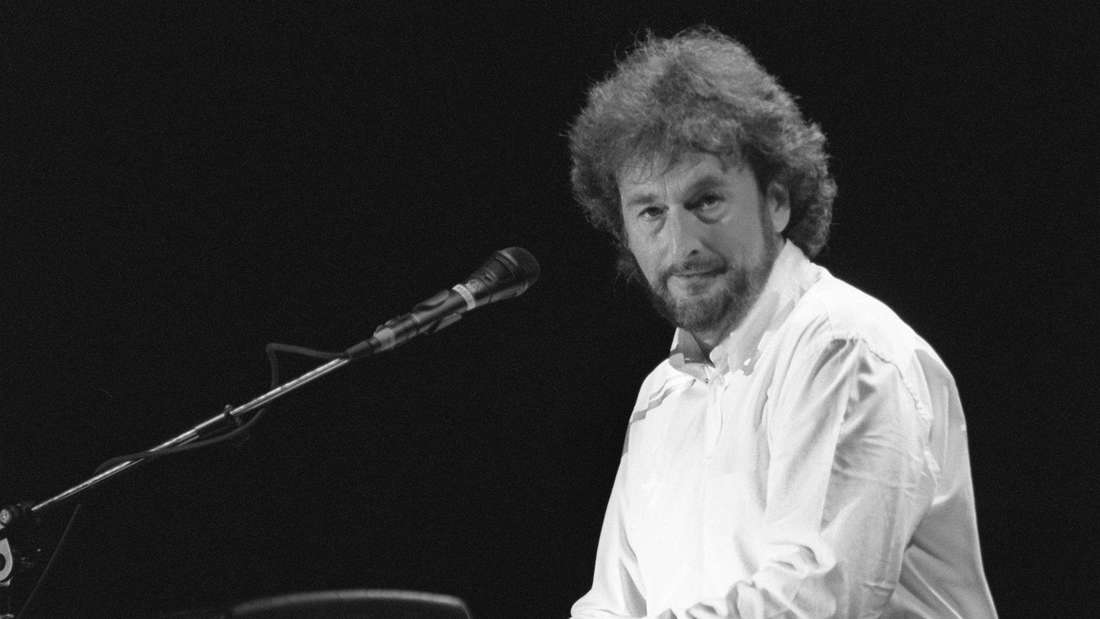
Music Until the End
Davies’ bandmates often mentioned his kindness and determination. In their tribute, the Supertramp Partnership offered condolences to his wife, Sue, who managed the group since 1984. Sue remained by Davies’ side for more than fifty years, handling the band’s affairs and supporting Rick through illness and change.
In his later years, Davies took comfort in smaller performances after his illness made major touring impossible. He kept playing with Ricky and the Rockets at local venues like the Stephen Talkhouse in Amagansett.
In a rare interview in 2018, Davies spoke honestly about facing health problems, but was clear that the Supertramp days were probably behind him. The band’s statement put it simply: his music lives on and proves that good songs never fade.
Rick Davies’ death leaves a space in the world of rock, but his songs (full of honesty and soul) will live on. Lines from “Goodbye Stranger” echo his story: “It’s been nice / Hope you find your paradise.” For Davies, paradise was always on stage, behind his Wurlitzer, or in the studio, where his music continues to be played and loved by new listeners.




